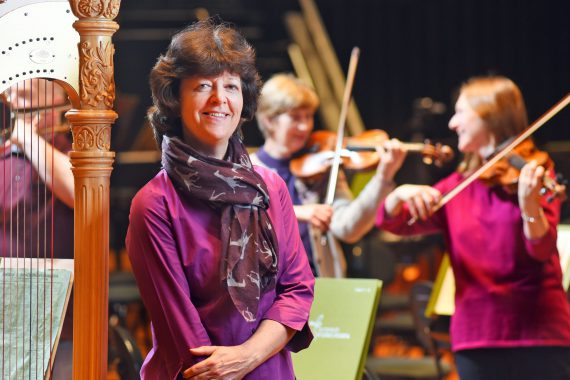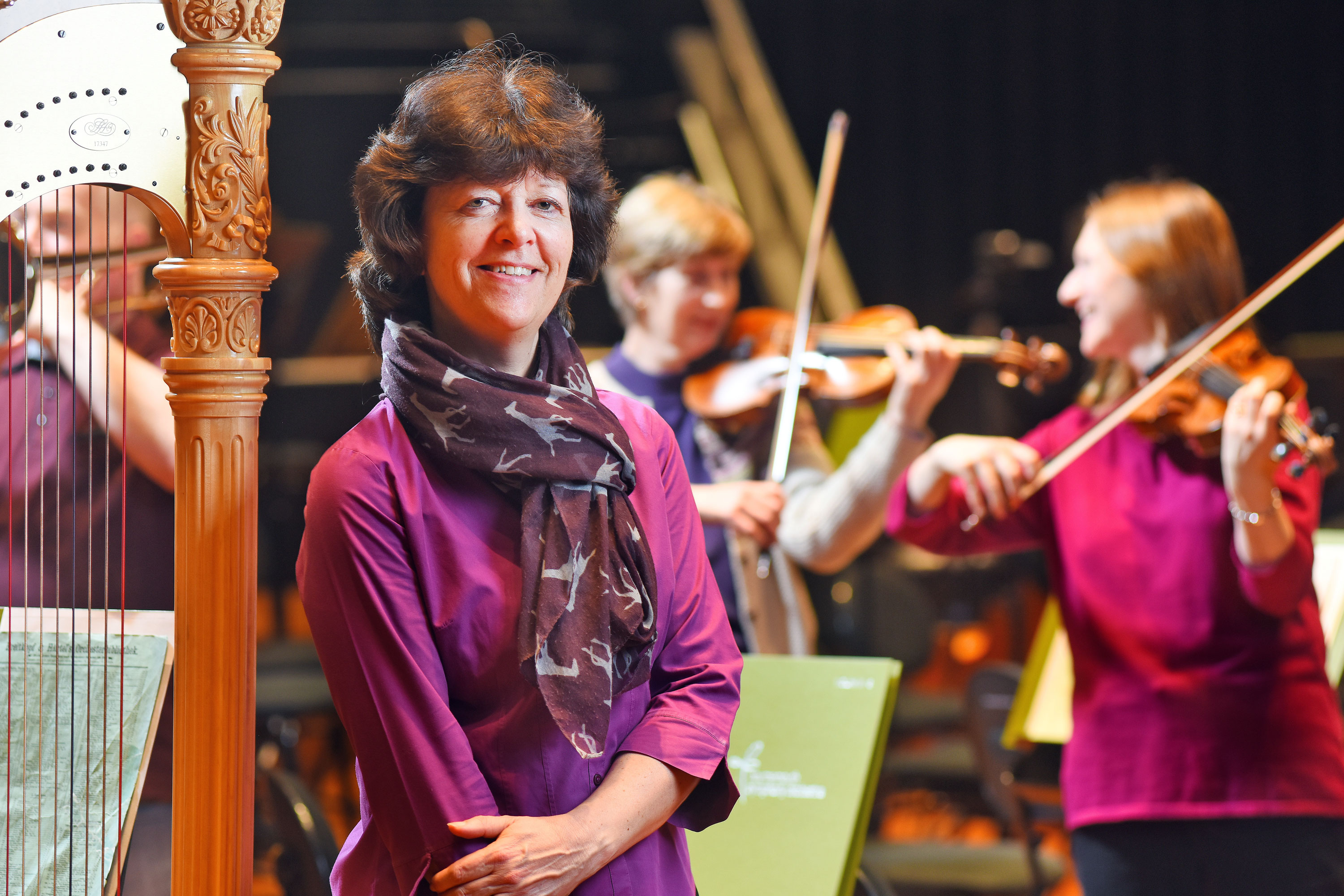An evening treating the Bournemouth Symphony Orchestra


Dr Tina A’Ness
Role Locum GP and registered practitioner to the Bournemouth Symphony Orchestra (BSO). This is part of the AMABO scheme (Association of Medical Advisers to British Orchestras) run by the British Association for Performing Arts Medicine (BAPAM)
Location The BSO is based at Lighthouse, Poole’s Centre for the Arts
Hours worked Varying sessions as a locum and out-of-hours GP, averaging four sessions a week, and an evening a month with the orchestra
17.30
After a busy session in surgery and picking up the children from school, I arrive at Lighthouse, Poole’s Centre for the Arts, where the Bournemouth Symphony Orchestra (BSO) has a concert tonight. It’s only a 15-minute drive from my house, but parking can be impossible. Luckily I find a space tonight.
I share the role of BAPAM Registered Practitioner for the BSO with another doctor, and am available for the musicians to talk to me about any medical issues in their break between rehearsal and the concert. I see them about once a month, normally during the winter months when the orchestra has numerous engagements across the South and South-West. I have had this role for about three years, and was originally interested because my children play in the Wessex Youth Orchestra.
17.35
I sit in the orchestra lounge at the back of the Arts Centre, waiting for any orchestra members to approach me. It’s a big room for the musicians to relax in before the concert, with a kitchen and sofas. They are told I’m coming in, and sometimes a potential client will email me before the session, but often they just come up to me in the break room – there are no appointments. I am also available for phone calls or emails, which normally happen once or twice between these face-to-face sessions.
17.40
The first patient is a violinist and comes to me with a sore finger. I ask her if she minds talking in a corner of the lounge, or if she would like to find a smaller room somewhere private. She is fine talking in the corner and I go through the past history and examination. Musculoskeletal injuries like this sore finger are the main issues I see and are often caused by overuse, particularly if the patient has been practising a certain piece repeatedly, although some have sustained these injuries outside work. I refer her to the specialists in London through BAPAM who have experience dealing with performance-related medical problems and can give a free or discounted consultation with a specialist.
I am only allowed to offer advice, I cannot prescribe medication, so if they need a prescription, they need to book an appointment with one of the local GPs.
18.00
A member of the orchestra comes to me with back pain. I refer them to the physiotherapist available to orchestra members, a very useful service.
18.10
Another member comes to me wanting to discuss the pros and cons of HRT and how menopausal symptoms are affecting her life and work. We discuss this for 30 minutes. That’s the nice thing about not having appointment times – I can take as long as I need with the patients as long as there’s no one else waiting. This might be one reason why they come to me instead of their normal GP. Also, it can be easier for them to see me than their GP, especially because their job involves so much travel and long hours. They also come to me for a second opinion, or because it’s a specialist field. While I’m not a specialist myself, I know who to signpost them to and I understand the importance of getting injuries treated, as they are often more than just an inconvenience, but affect their livelihood.
18.45
There are no other clients to see so I write up my notes, anonymously, as BAPAM needs to know what conditions I see, and I have a coffee and chat to some of the other musicians. There are 58 members of the orchestra altogether and I know them all by face, if not by name, so it’s a great atmosphere in the lounge. I can also hear them practise in the background while I’m doing my work, which is lovely.
19.00
The orchestra goes off to prepare for the concert and I’m done for today.
19.30
I watch the concert. The role is completely voluntary, but I get to go to the concerts when I want to, sometimes with my family, which I really enjoy.
Visit Pulse Reference for details on 140 symptoms, including easily searchable symptoms and categories, offering you a free platform to check symptoms and receive potential diagnoses during consultations.









